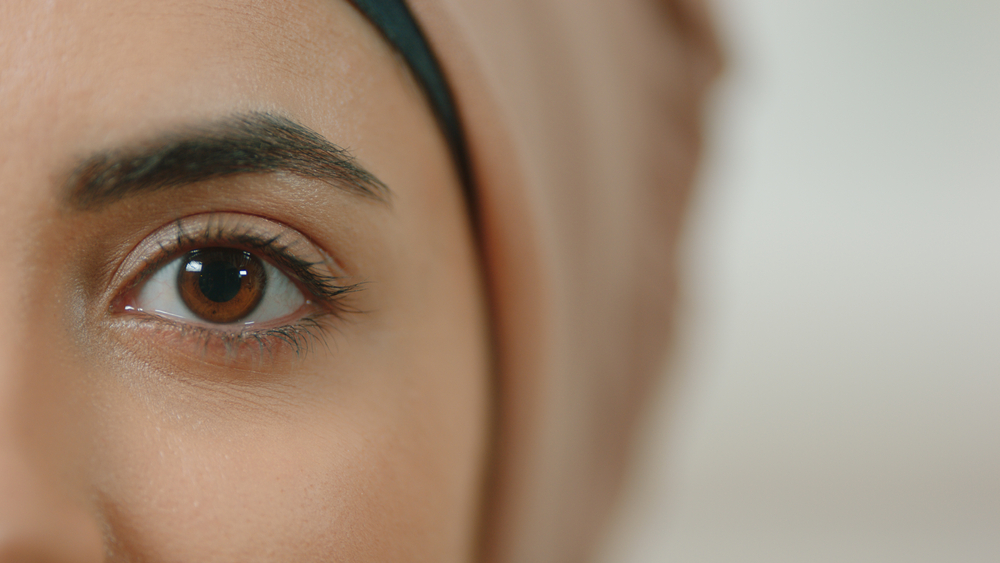
Neurotrophic keratopathy is a degenerative disease of the cornea caused by damage to the trigeminal nerve, which impairs corneal sensation. Because the cornea loses its ability to detect injury, healing is delayed, and damage can progress unnoticed until it becomes severe. Understanding the stages of neurotrophic keratopathy is crucial to recognizing symptoms early and getting timely treatment that can preserve vision.
Stage 1: Early Warning Signs
In the earliest stage of neurotrophic keratopathy, symptoms are often subtle and easily overlooked. One of the most concerning aspects of this stage is the absence of pain, which can delay diagnosis and intervention. Patients may experience mild dryness, a sensation of grittiness, or reduced tear production. Upon examination, the corneal surface might show slight irregularities or superficial punctate keratitis, small areas where the outer layer of the cornea begins to break down. These changes indicate a weakening of the eye’s natural protective mechanisms. Without timely detection and treatment, the condition can quietly advance to more serious stages.
Treatment Options:
- Lubricating eye drops to maintain corneal hydration
- Topical antibiotics to prevent infection
- Discontinuation of toxic medications or contact lenses
Stage 2: Persistent Epithelial Defects
As the disease progresses, the corneal epithelium loses its ability to regenerate effectively, leading to persistent epithelial defects. These are non-healing areas on the cornea that may appear cloudy and can cause blurred vision. Although the damage becomes more pronounced, patients still may not experience discomfort due to impaired corneal sensation. This lack of pain can be misleading, as the risk of secondary infections and inflammation significantly increases during this stage. Routine eye exams become essential at this point, as early clinical detection is often the only way to identify and manage the condition effectively.
Treatment Options:
- Bandage contact lenses to protect the cornea
- Punctal plugs to reduce tear drainage and improve moisture
- Autologous serum tears to promote healing
- Cenegermin (Oxervate), an FDA-approved eye drop that contains a nerve growth factor to regenerate corneal nerves and promote healing
Stage 3: Corneal Ulceration and Severe Damage
In its most advanced and dangerous form, neurotrophic keratopathy can lead to corneal ulceration and structural damage. The cornea may begin to thin and can ultimately perforate or rupture. This stage poses a severe threat to vision, with the potential for permanent blindness if not addressed immediately. Because of the extensive tissue breakdown and risk of infection, urgent and aggressive medical or surgical intervention is required. Treatment at this stage often involves advanced therapies and may include corneal transplantation or procedures to protect and preserve the eye.
Treatment Options:
- Surgical interventions such as tarsorrhaphy (partial eyelid closure) to protect the cornea
- Amniotic membrane grafts to support epithelial healing
- Intensive monitoring and infection management
Early Detection is Crucial
Since neurotrophic keratopathy can progress without significant pain or noticeable symptoms, regular eye exams are essential - especially for individuals with known risk factors like diabetes, a history of herpes eye infections, or prior eye surgery.
Schedule Your Eye Exam Today
Neurotrophic keratopathy is a progressive disease that can lead to permanent vision loss if not treated promptly. Understanding the stages can help you seek care before irreversible damage occurs. Whether you're experiencing eye discomfort or have risk factors for this condition, don't wait until it's too late.
At Westchester Eyes, our experienced team uses advanced diagnostic tools to detect and manage complex corneal conditions like neurotrophic keratopathy. If you’re concerned about your eye health, schedule an eye exam today. Visit our office in Pleasantville, New York, or call (914) 201-9900 to book an appointment.








